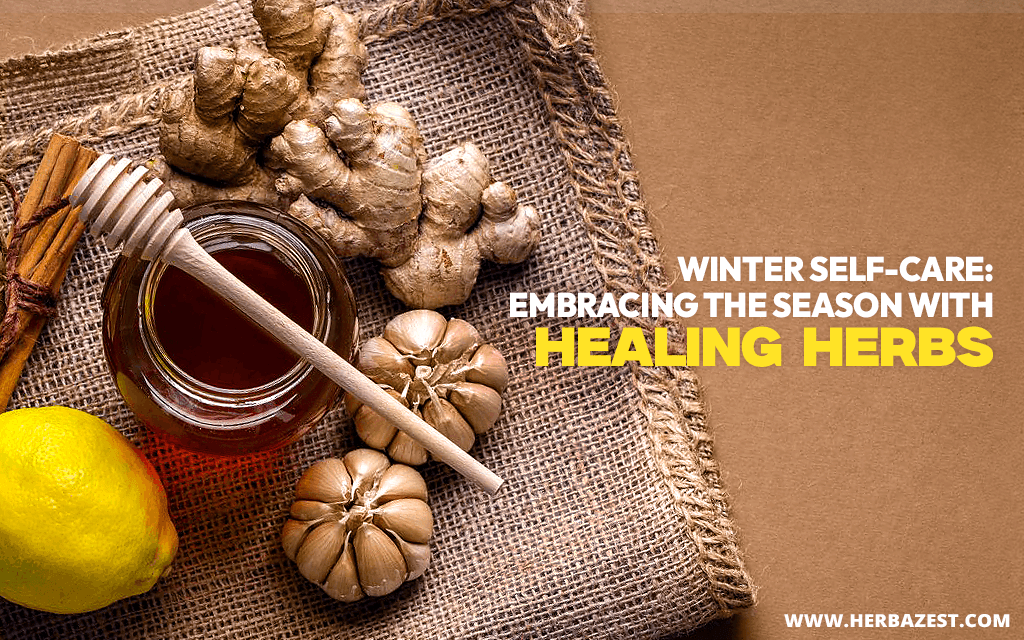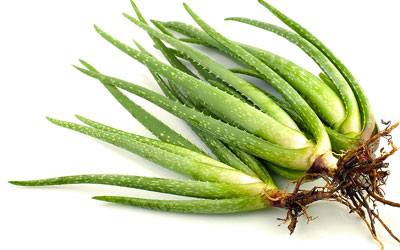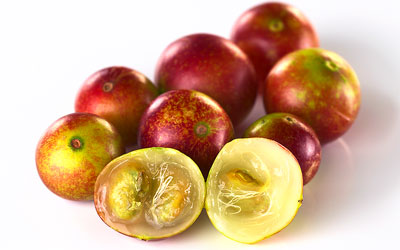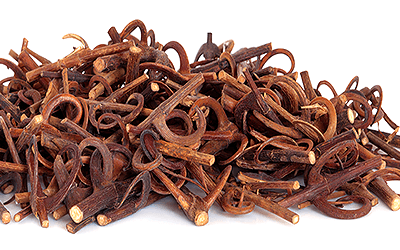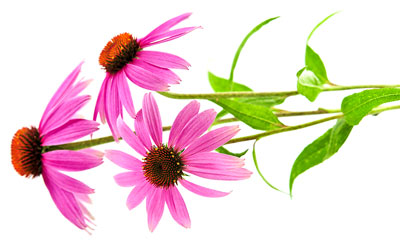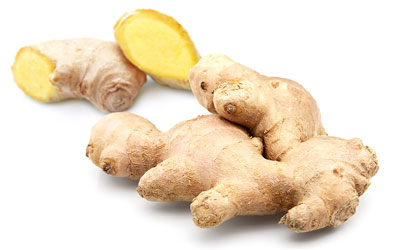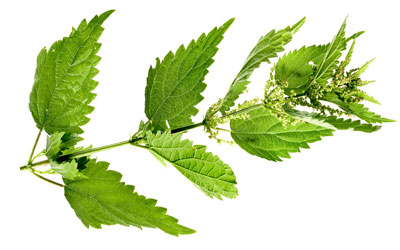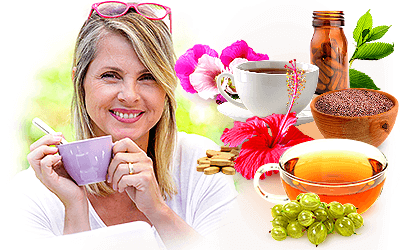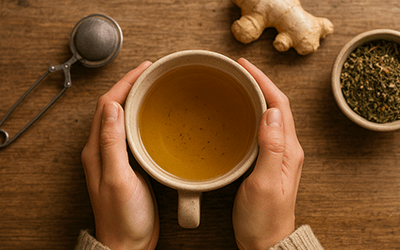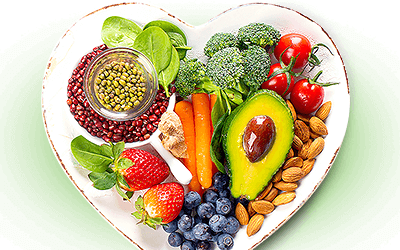As the chill of winter settles in, the season brings shorter days, colder nights, and a natural inclination to retreat indoors. While winter offers a chance for rest and introspection, it can also challenge our physical and emotional well-being. Dry skin, seasonal colds, low energy levels, and feelings of melancholy are common during this time.
That's where self-care becomes vital, and what better way to do it than with healing herbs? They have been used for centuries to support wellness, and their natural properties can help boost immunity, soothe stress, improve circulation, and even promote hydration—all crucial elements of winter self-care. By integrating healing herbs into our routines, we can nourish our bodies, lift our spirits, and embrace the beauty of the winter season.
The Importance of Seasonal Self-Care
Winter's unique challenges require a thoughtful approach to self-care. The cold, dry air can wreak havoc on skin and respiratory health, while reduced sunlight can affect mood and energy levels. Additionally, the stress of holiday gatherings and the busyness of year-end responsibilities may leave many feeling drained.
Taking time for self-care during this season is more than a luxury; it's a necessity. Engaging in nourishing practices helps to:
- Strengthen immunity against seasonal illnesses.
- Maintain emotional balance during darker days.
- Support skin health in harsh weather conditions.
- Encourage rest and renewal in alignment with the season's slower pace.
Healing Herbs for Winter Self-Care
Healing herbs, with their diverse benefits, play a key role in addressing these winter needs. Luckily, nature offers a rich pharmacy of herbs to support us during the cold months. Here are some standout options tailored to common winter concerns:
For Immune Support
Elderberry. Known for its antiviral properties, elderberry is a trusted ally in strengthening the immune system. It can help ward off colds and flu while supporting a quicker recovery if illness strikes. Elderberry syrup or tea is a soothing way to enjoy its benefits.
Camu Camu. Packed with vitamin C, camu camu has antioxidant and anti-inflammatory properties that help bolster the immune system and fight off winter illnesses.1 It can be added to smoothies or taken as a supplement.
Echinacea. Celebrated for its ability to enhance the body's defenses against infections, echinacea is a go-to herb for staying healthy during the cold season, whether taken as a tincture, tea, or capsule.
Cat's Claw. Studies suggest cat's claw may enhance immune function and offer antimicrobial properties, making it a helpful ally in preventing seasonal sicknesses.2
For Stress Relief and Mood Balance
Ashwagandha. An adaptogen with a long history in Ayurvedic medicine, ashwagandha helps the body adapt to stress, making it especially useful during winter to combat fatigue and improve resilience.
St. John's Wort. Renowned for its mood-boosting effects, St. John's wort is ideal for combating the “winter blues” or seasonal affective disorder (SAD).
Lemon Balm. With calming properties, lemon balm helps ease depression and anxiety while improving sleep quality during winter's longer nights.3 Enjoy it as a tea or in tincture form.
Muña. An Andean herb excellent for clearing respiratory pathways, muña provides a refreshing boost to the senses, making it a perfect choice for teas.
For Warming and Circulation
Ginger. Ginger is a warming herb that improves circulation and supports digestion. It's perfect for cozy winter teas and adds a spicy kick to recipes. Plus, its anti-inflammatory properties can help soothe aches and pains often exacerbated by the cold.
Cinnamon. Beyond adding fragrance to teas and desserts, cinnamon has been shown to improve diabetic parameters, particularly in adults with higher body mass index (BMI).4
Soursop. Traditionally recognized for its calming effects, soursop leaves can be brewed into a warming tea to relax and unwind during chilly evenings. As an added benefit, soursop can also help boost immunity.5
For Skin and Hydration
Calendula. Calendula's soothing and hydrating properties make it a favorite for winter skincare. Its anti-inflammatory and healing effects are excellent for dry or chapped skin. Use it in salves, creams, or as a tea for internal support.
Aloe Vera. While often associated with summer sunburns, aloe vera is equally beneficial in winter. Its hydrating and cooling properties can soothe dry, irritated skin when used topically or ingested.
Nettle. Rich in vitamins and minerals, nettle supports skin health and hydration from the inside out. Brew it as a tea or add it to soups for a nourishing winter boost.
Boldo. Known for its detoxifying properties, boldo tea can help support liver health and improve digestion during winter feasting. Its slightly bitter taste can be balanced with honey or lemon.
Winter Herbal Self-Care Rituals
Incorporating healing herbs into your self-care routine can transform the season into a time of restoration and warmth. A soothing lemon verbena infusion is perfect for relaxing after a long day, offering a citrusy aroma and calming effects. Cat's claw infusion with cinnamon and cloves provides both immune support and a warming blend of flavors, ideal for cozy winter evenings. For those seeking hydration and a gentle detox, a ginger nettle infusion offers a combination of warmth and nourishment. These teas, along with calendula-infused salves and aloe vera moisturizers, keep your skin and body hydrated and balanced during winter's harsh conditions. For an energizing touch, a warm ashwagandha latte rounds out your daily ritual.
Winter invites us to slow down, reflect, and nurture ourselves. By integrating healing herbs for winter into our self-care routines, we can address the challenges of the season while embracing its quiet beauty.
Sources
- Advances in Dermatology and Allergology, Medicinal plant used in treatment of inflammatory skin diseases, 2013
- Integrative Medicine: A Clinician's Journal, Opportunities for Health Promotion: Highlighting Herbs and Spices to Improve Immune Support and Well-being, 2020
- Michigan State University, Drying herbs for winter, 2018
- Molecules, Medicinal Plants Used for Anxiety, Depression, or Stress Treatment: An Update, 2022
- Pharmaceuticals, Natural Ingredients to Improve Immunity, 2023
Footnotes
- Journal of Cardiology. (2008). Tropical fruit camu-camu (Myrciaria dubia) has anti-oxidative and anti-inflammatory properties. Retrieved December 20, 2024, from https://pubmed.ncbi.nlm.nih.gov/18922386/
- Phytomedicine. (2001). Persistent response to pneumococcal vaccine in individuals supplemented with a novel water soluble extract of Uncaria tomentosa, C-Med-100®. Retrieved December 20, 2024, from https://www.sciencedirect.com/science/article/abs/pii/S0944711304700392
- BMC Complementary Medicine and Therapies. (2023). The effects of melissa officinalis on depression and anxiety in type 2 diabetes patients with depression: a randomized double-blinded placebo-controlled clinical trial. Retrieved December 20, 2024, from https://pubmed.ncbi.nlm.nih.gov/37131158/
- Clinical Nutrition Journal. (2019). Efficacy of cinnamon in patients with type II diabetes mellitus: A randomized controlled clinical trial. Retrieved December 20, 2024, from https://pubmed.ncbi.nlm.nih.gov/29605574/
- Evidence-based Complementary and Alternative Medicine. (2016). Immunomodulatory Efficacy of Standardized Annona muricata (Graviola) Leaf Extract via Activation of Mitogen-Activated Protein Kinase Pathways in RAW 264.7 Macrophages. Retrieved December 20, 2024, from https://pubmed.ncbi.nlm.nih.gov/28096884/

